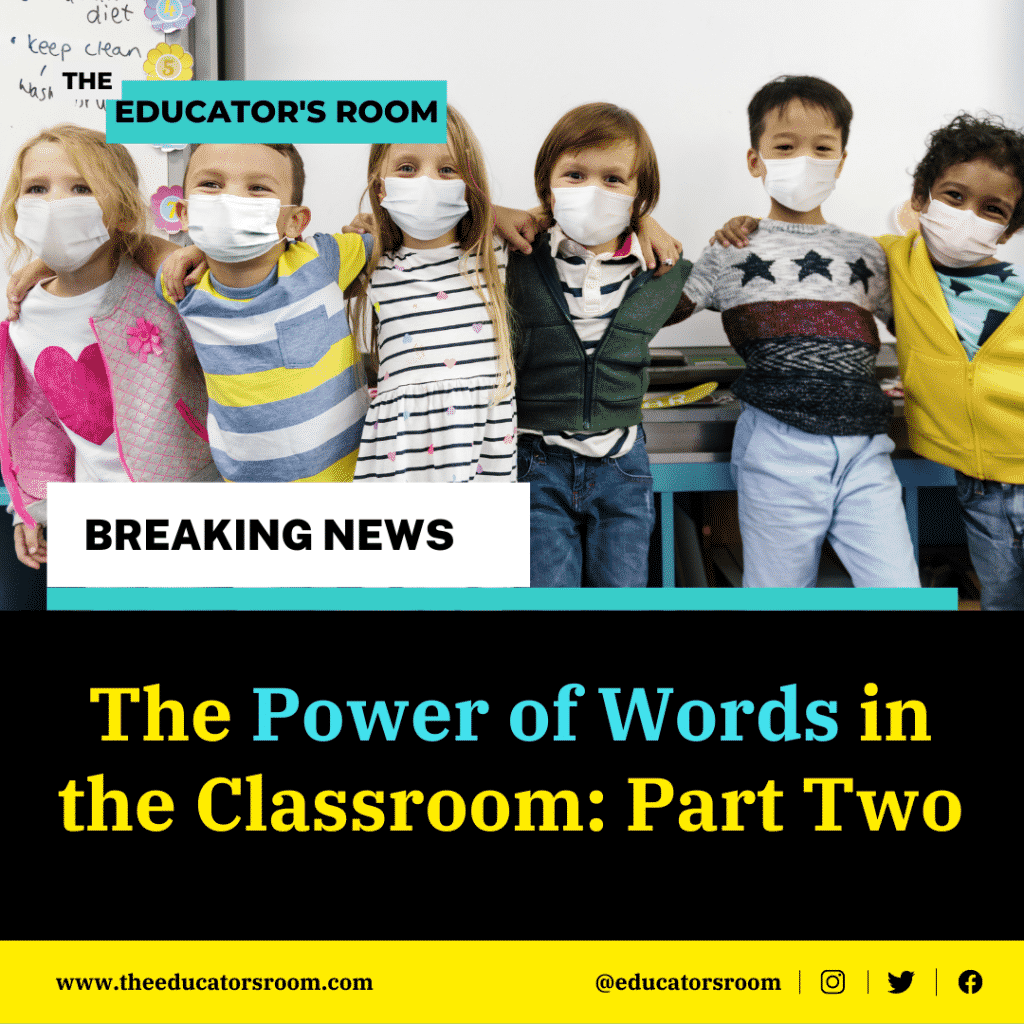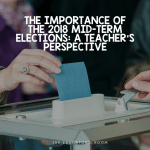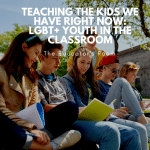Every teacher should know the power of words in the classroom. In part one of this series, I introduce the idea that words have the power to heal or the power to harm. In this series, I give tips on words to avoid, words to say more, and how science shows that words can change our brains.
Types of Language to Avoid
Avoid Sarcasm Unless You Know Students Understand it
As teachers, we should know what type of language is developmentally appropriate to use when speaking with our students. When my history teacher called me “ugly” I now realize she was using sarcasm. At the time, I did not realize it, however; I was a pretty serious thinker and did not use sarcasm myself. What she said stung more than I am sure she meant them to.
Teachers should not use sarcasm with any student younger than 16 years old. If they did, it would be developmentally inappropriate to do so. Most elementary students and several middle schoolers, when they hear sarcastic speech, take what is said literally.
Refrain from Using Empty Words
Sometimes as teachers we use “empty” words or words that flatter without being spoken (or written) authentically. Regretfully, there was a time I was guilty of doing this as a young teacher when I was grading homework. I wrote the words “great job” or “good work” on all assignments that were handed in. Both the assignments were done correctly, and assignments were done in haste or not fully completed.
I regret that I did not think about the negative impact that my empty praise would have on the students. Unfortunately, I had communicated to them (without realizing it) that just submitting a homework assignment was good enough. Because of my actions, I started an uphill battle with some students who expected me to allow second or third chances on an assignment.
Words that Teachers Should Use More Often
Speak Words that Uplift and Encourage
It is great to know what shouldn’t be said, but even better to know what should be said. My absolute favorite teacher I ever had was a humanities teacher in middle school who knew the power of words. Every student loved him and I was no different. He used words that made us laugh, inspired us to be better people, and celebrated our successes. He truly was one of a kind.
Two years ago, I had a chance to be like the teacher I admire so much. Us teachers decided that we wanted to surprise our students and greet them at the doors as they entered school in the morning. We wanted to let them how much we appreciated them.
Huddled in a group at the middle school entryway, we excitedly anticipated the arrival of our students. As soon as the first group of students arrived, we greeted them with a good morning, a happy to see you, and other words of affirmation. In response, some students cheered back, some smiled, others looked happily surprised. Throughout the school day, I noticed that there was a buzz of excitement that wasn’t normally there. I just knew that the students appreciated our welcome more than they could express.
Research Shows that Words Have the Power to Harm or to Heal
According to a study done by Andrew Newberg, M.D. and Mark Robert Waldman, words can change your brain. Positive words like peace and love can alter the expression of genes and strengthen the brain’s cognitive functioning. Negative or angry words can create the opposite effect. If we use negative words towards others, it increases the activity in their brain’s amygdala or “flight” or “fight” fear center. This causes the release of stress-producing hormones, which in turn interrupts our brains’ functioning. This results in temporarily shutting off the logic and reasoning parts of the brain.
There you have it. According to research, science shows that words can actually affect how the brain works! Words can give life, or strengthen our brains. Words can bring death, or prevent our brains from functioning as they should. These facts alone should cause every teacher to consider their words before they utter them.
Think before you speak. Words have the power to heal, or the power to harm. What will you say today?








Thanks for this informative article.